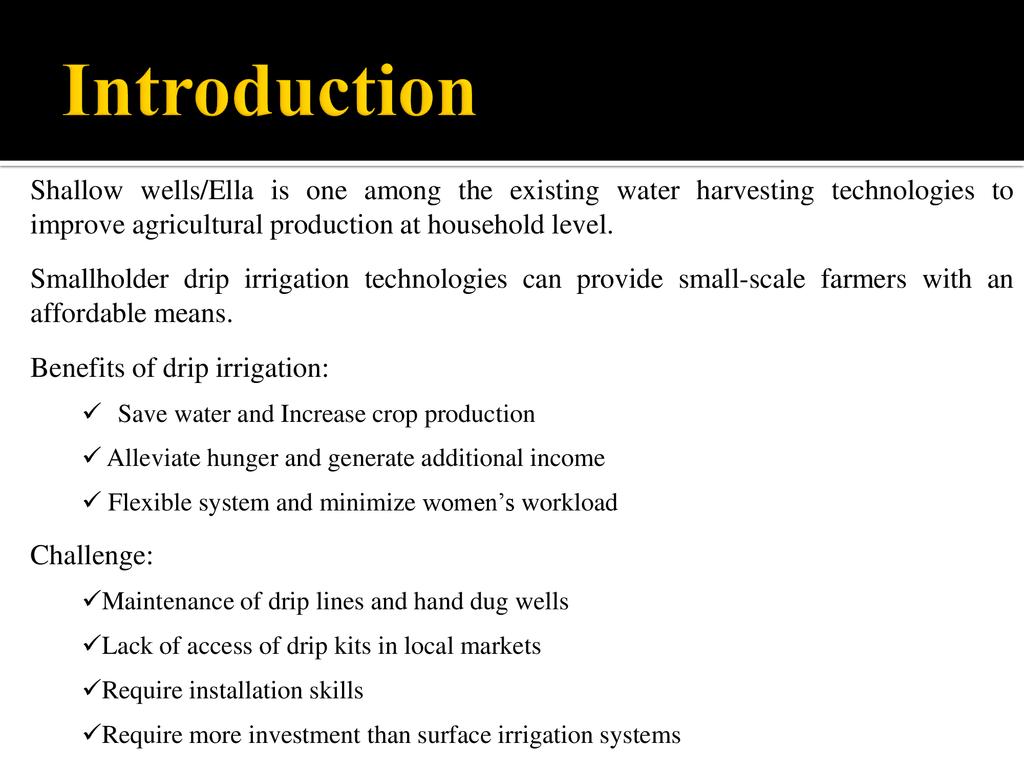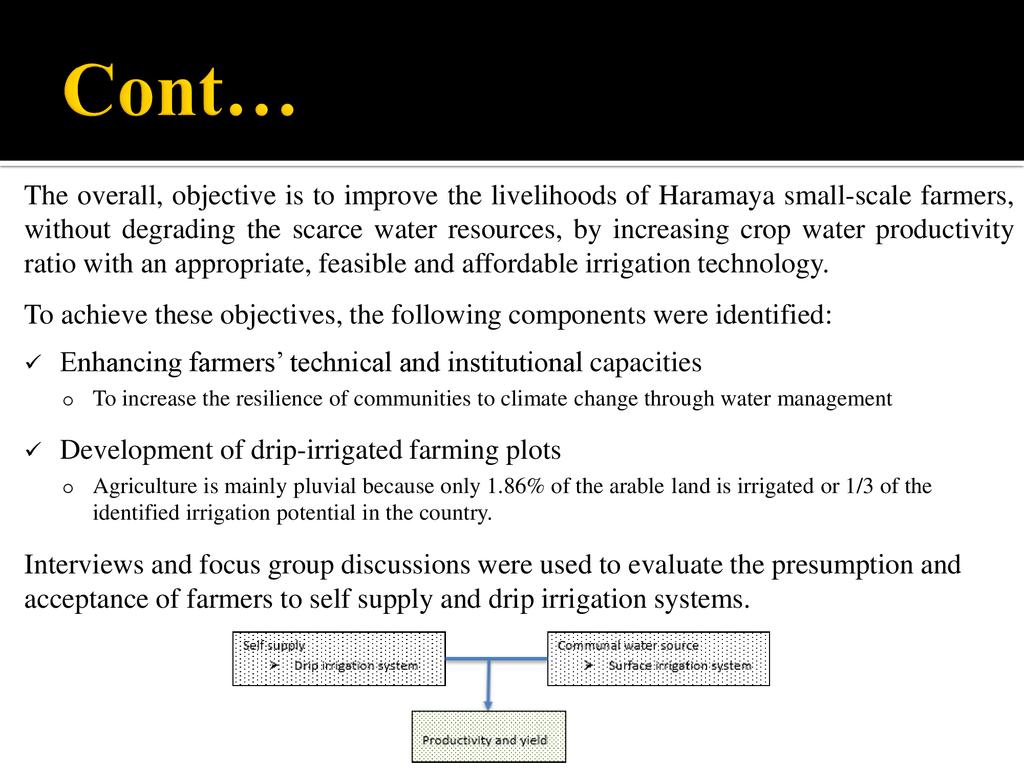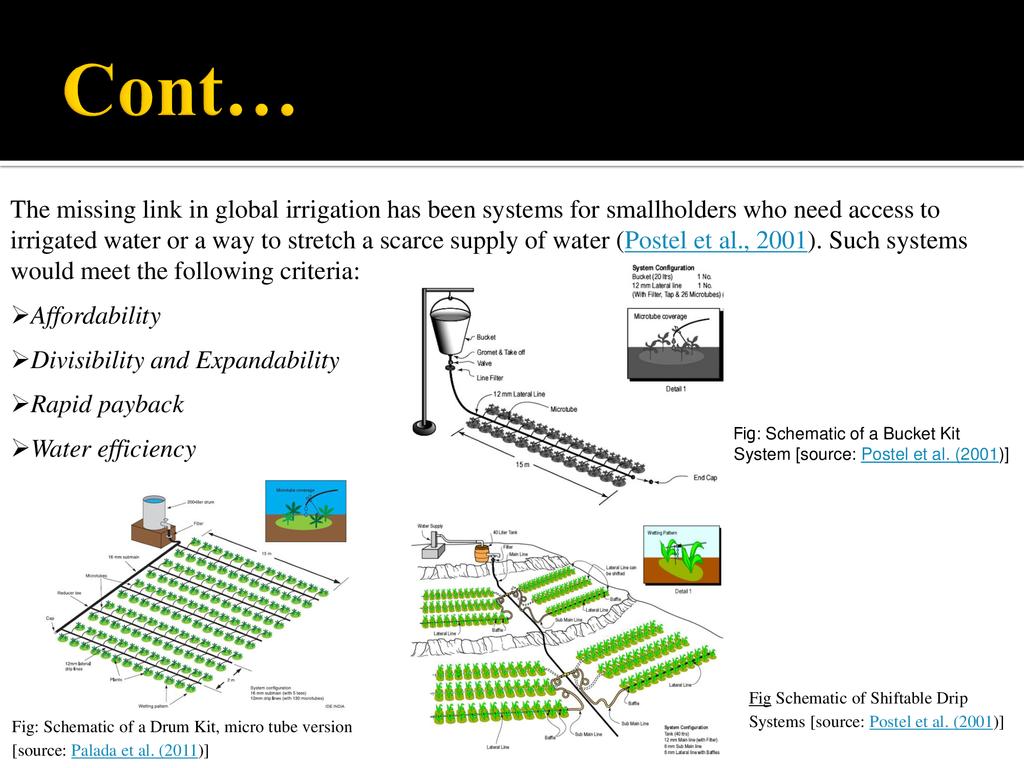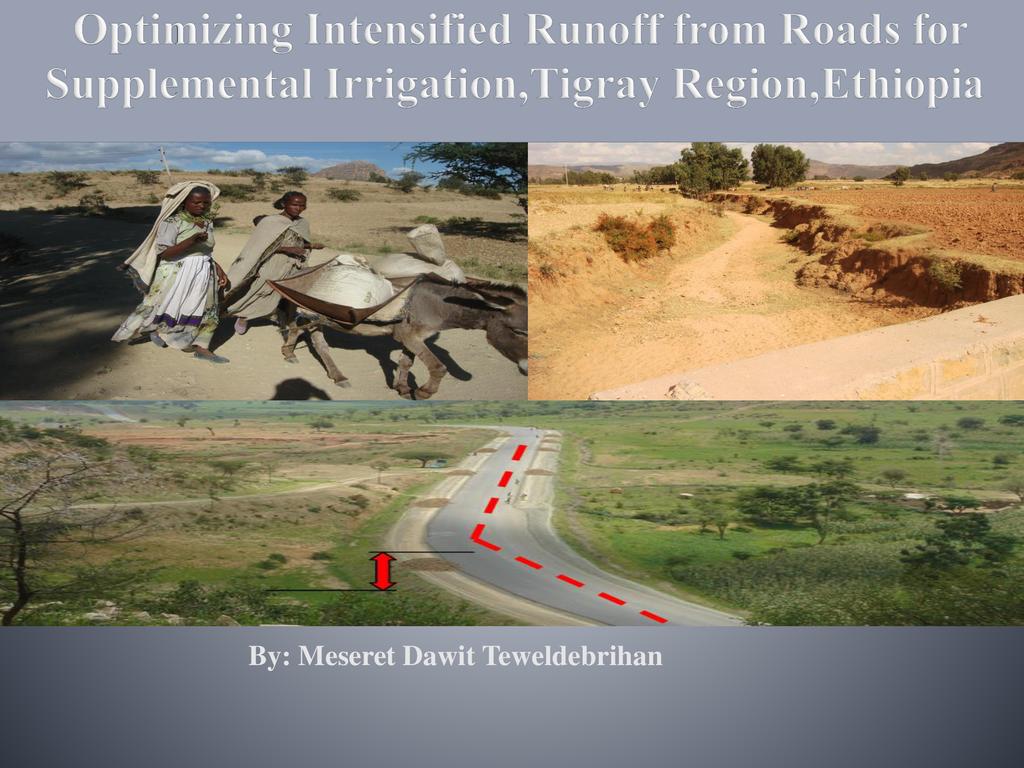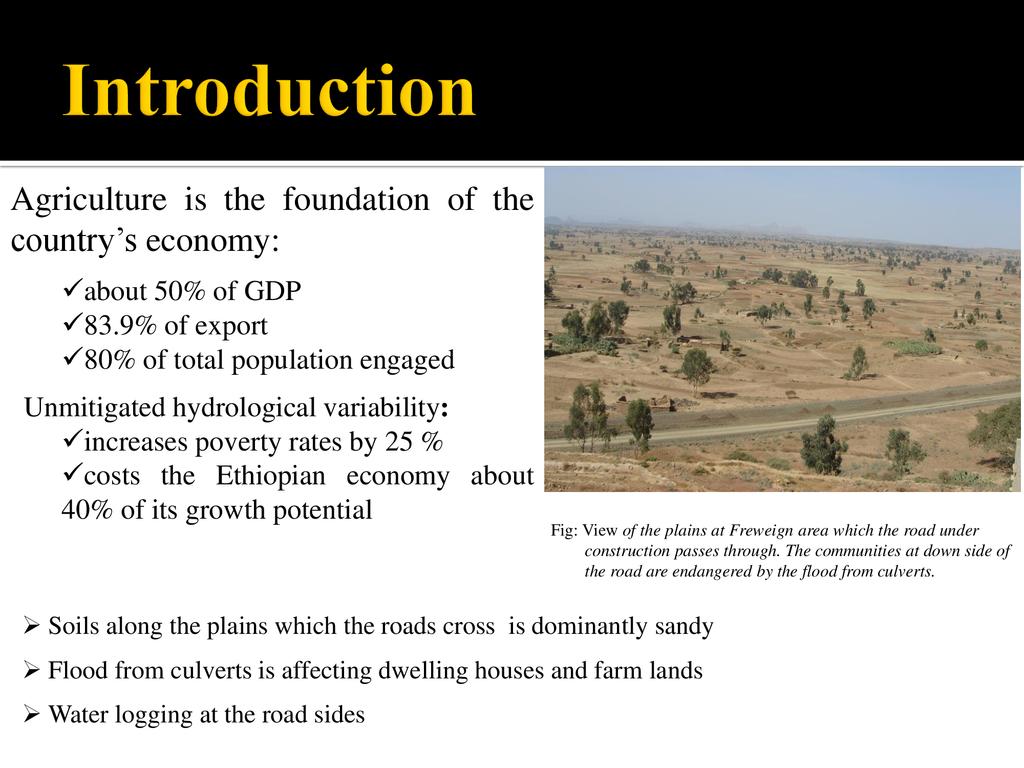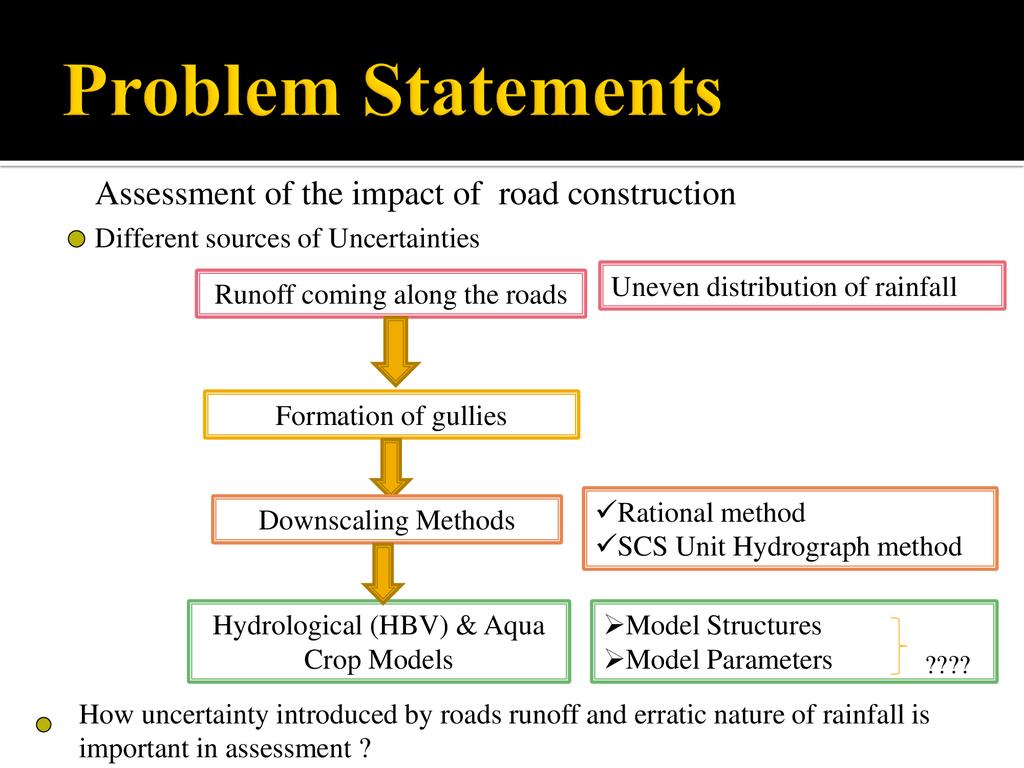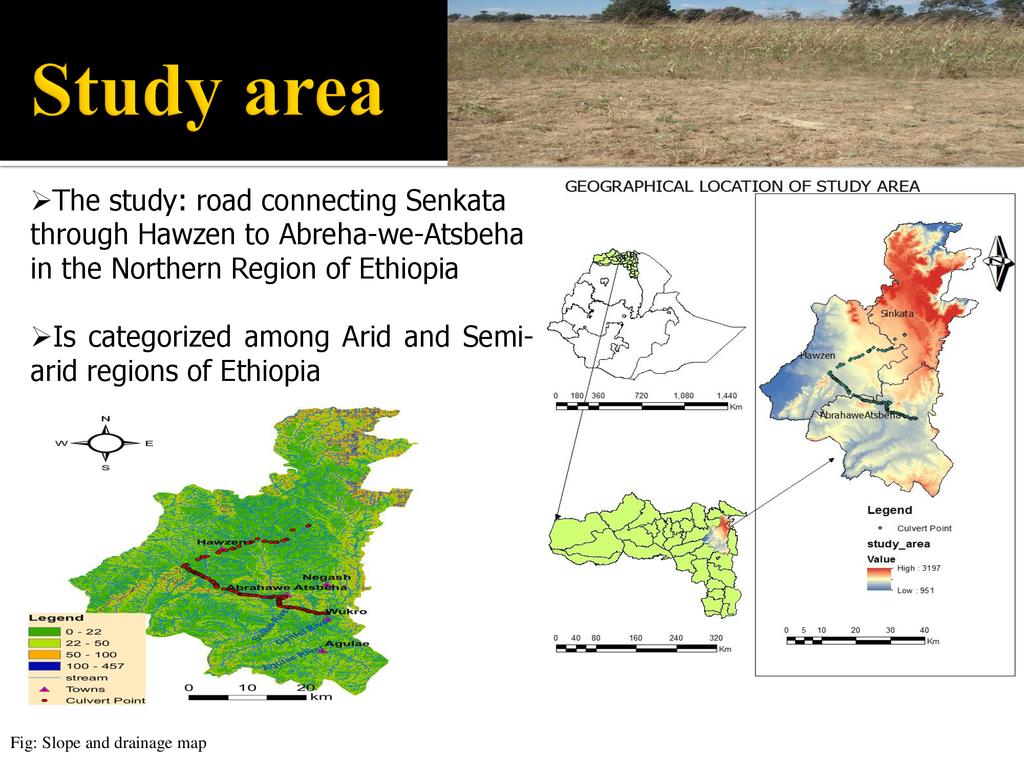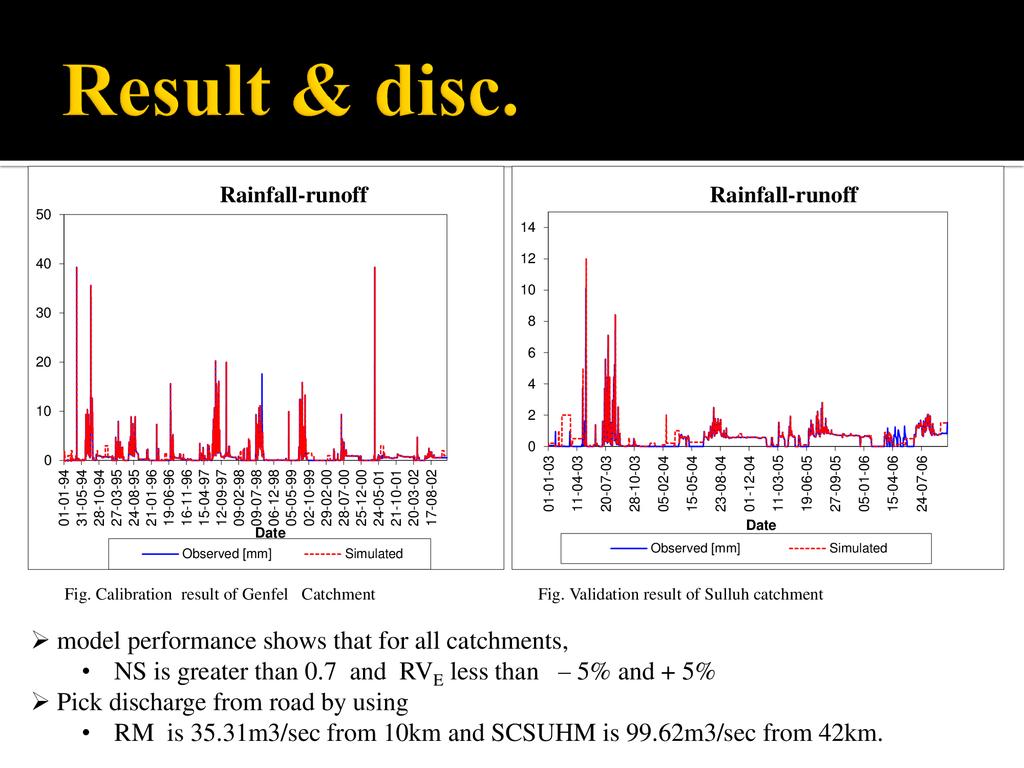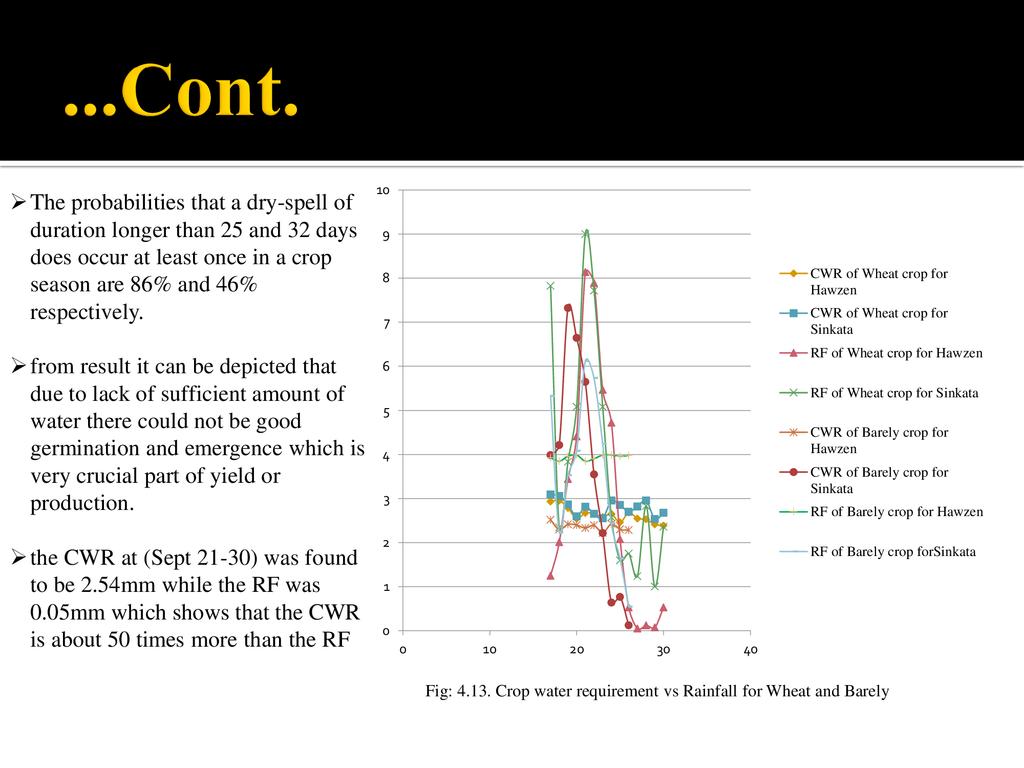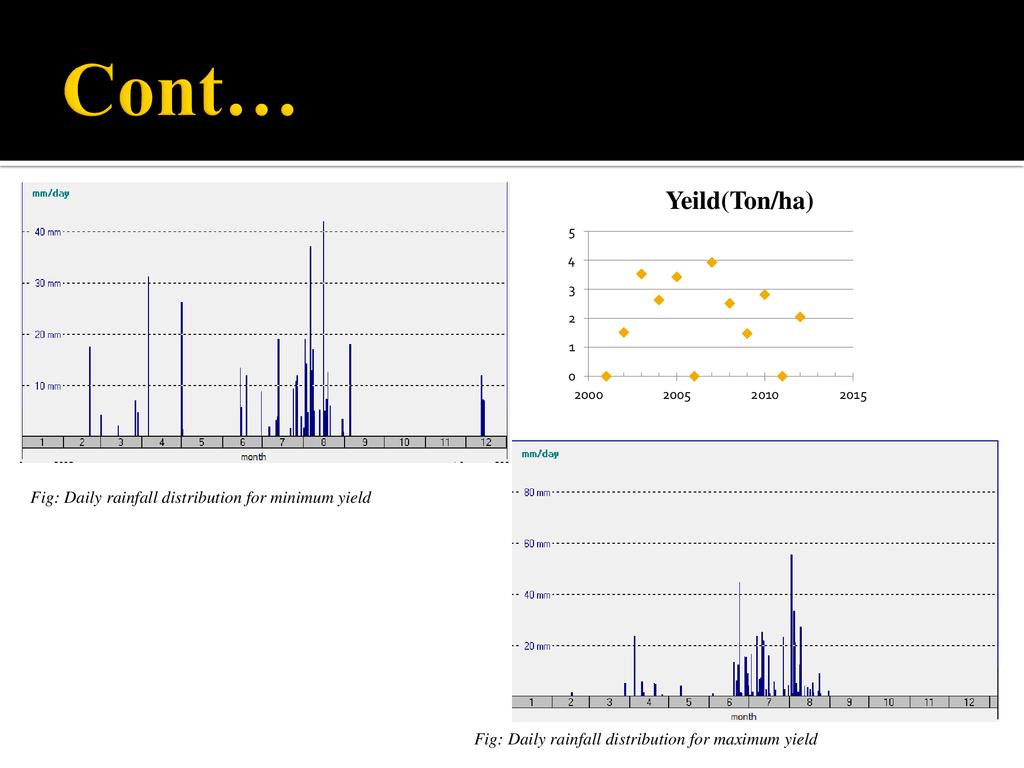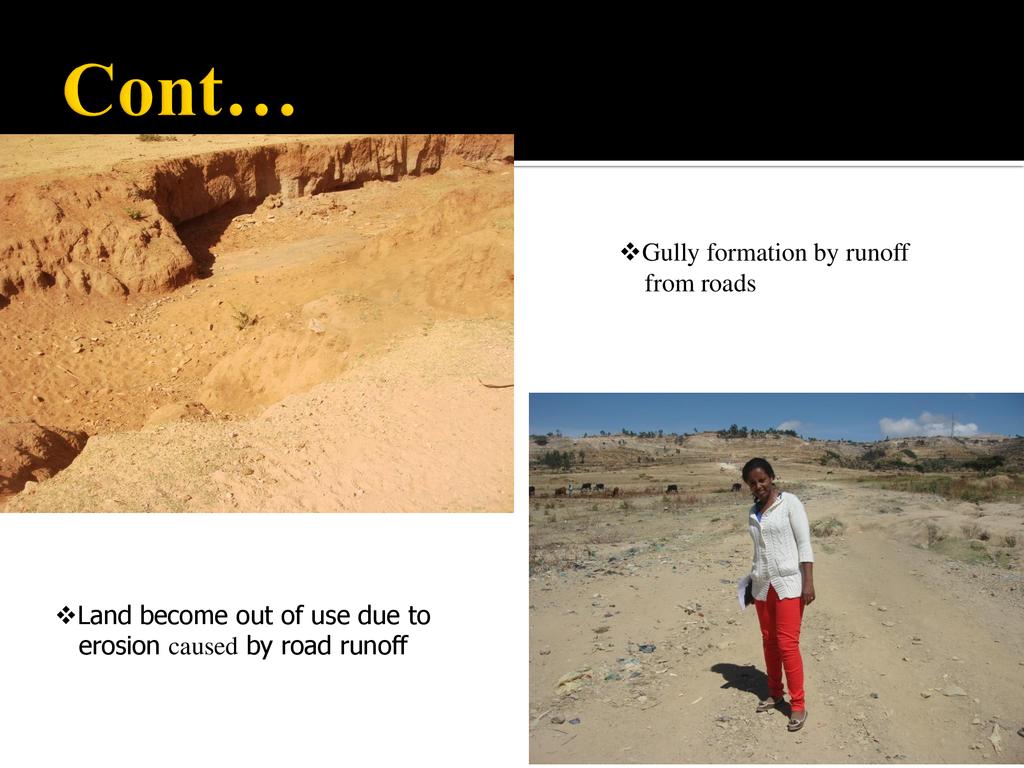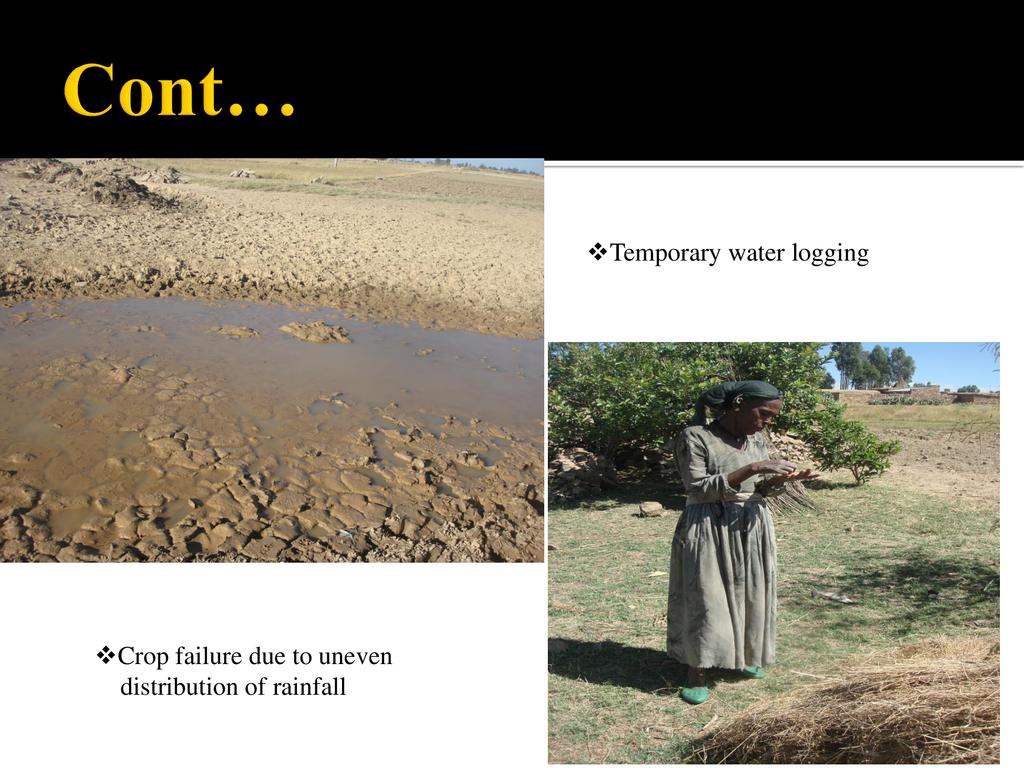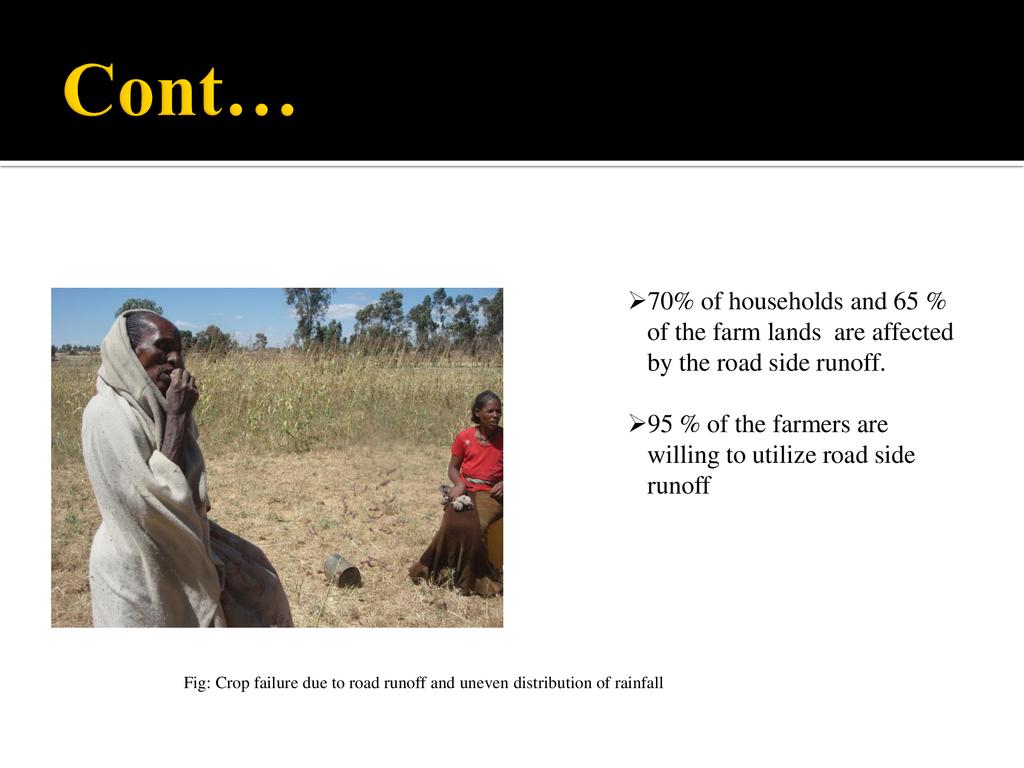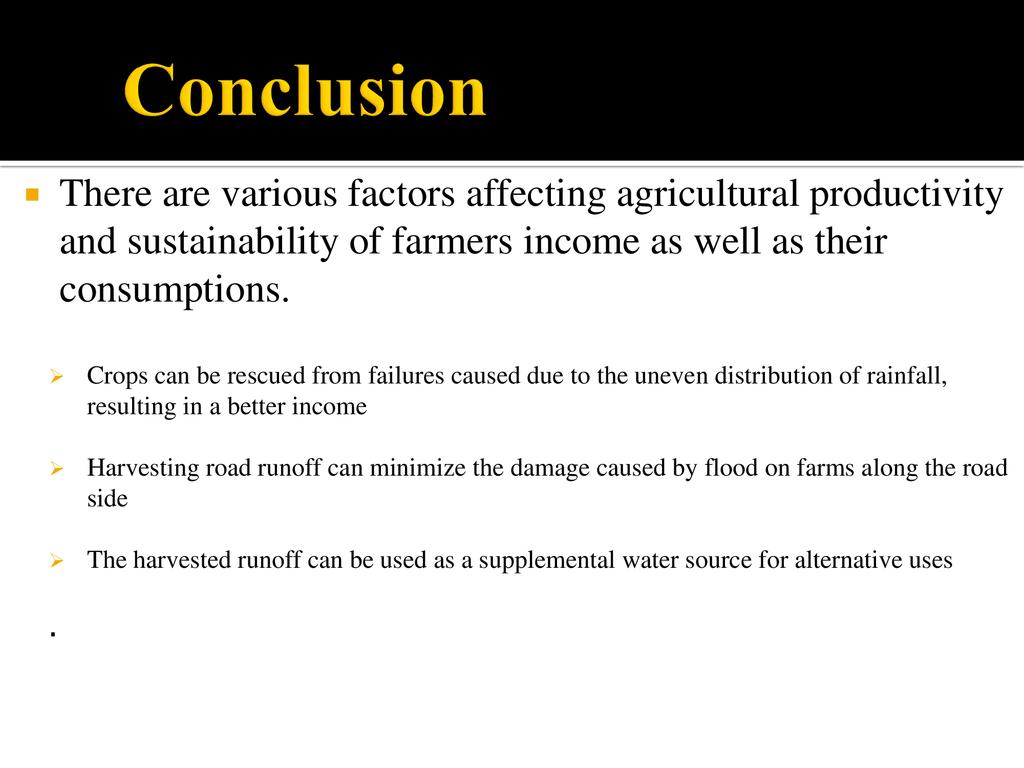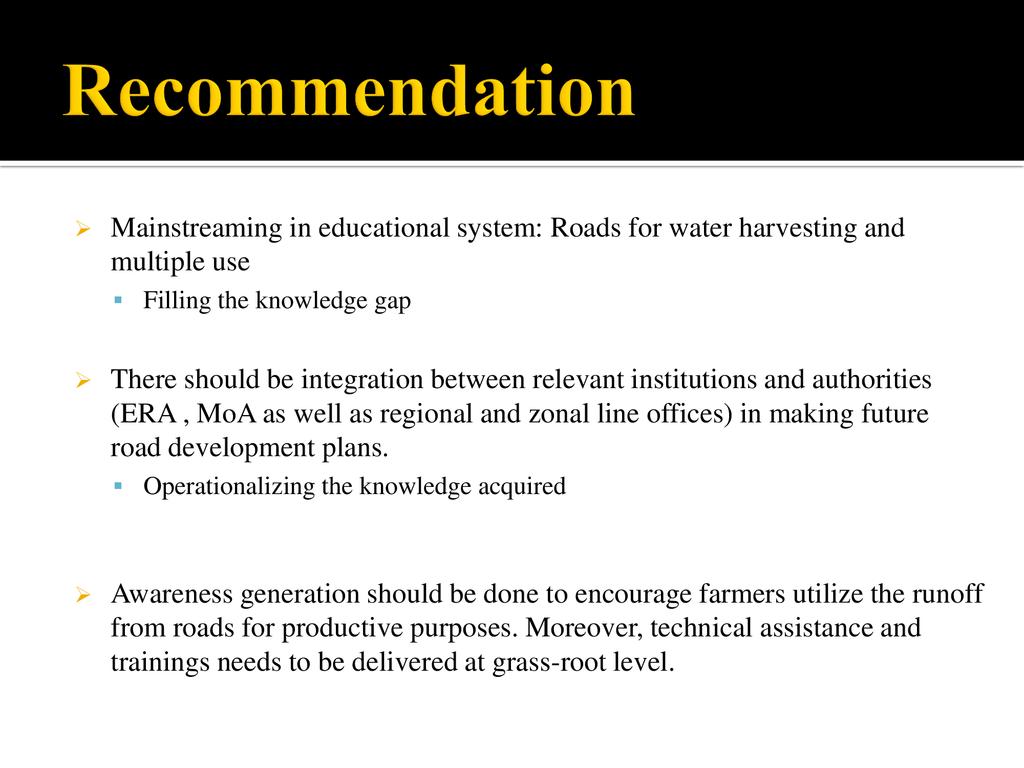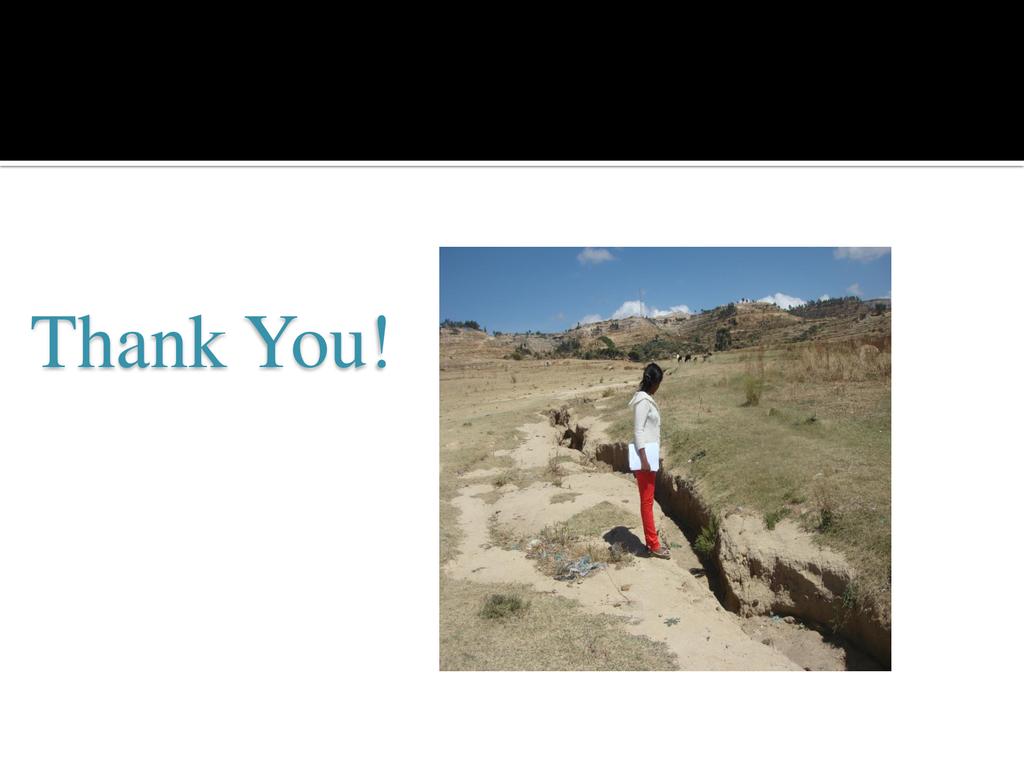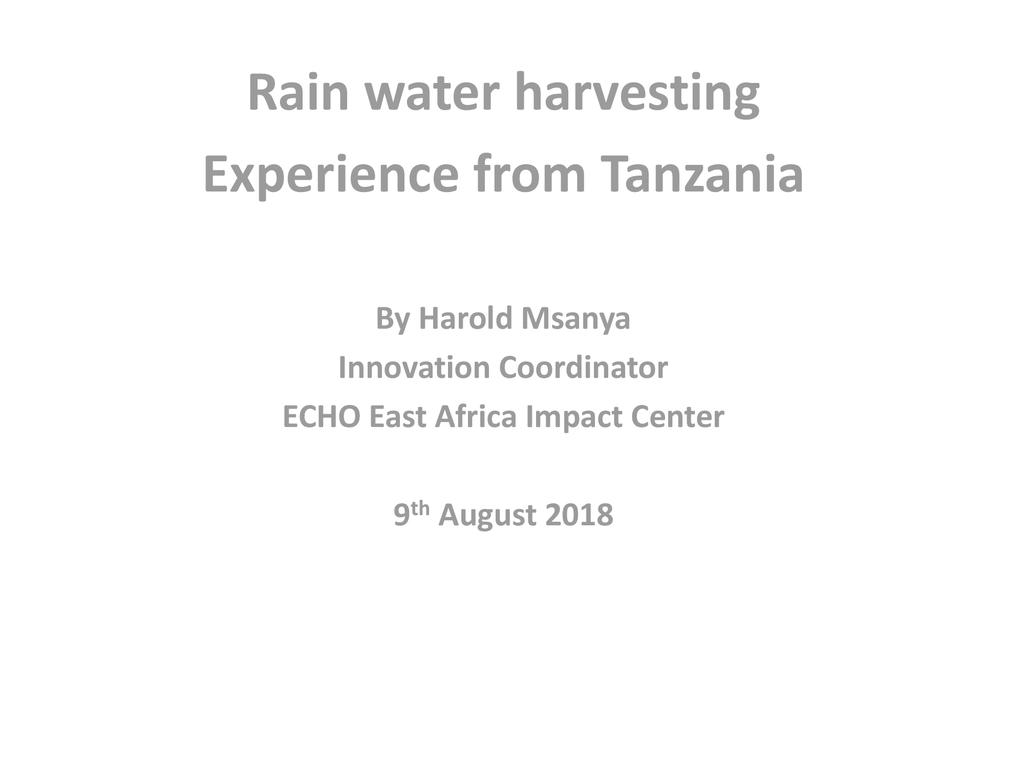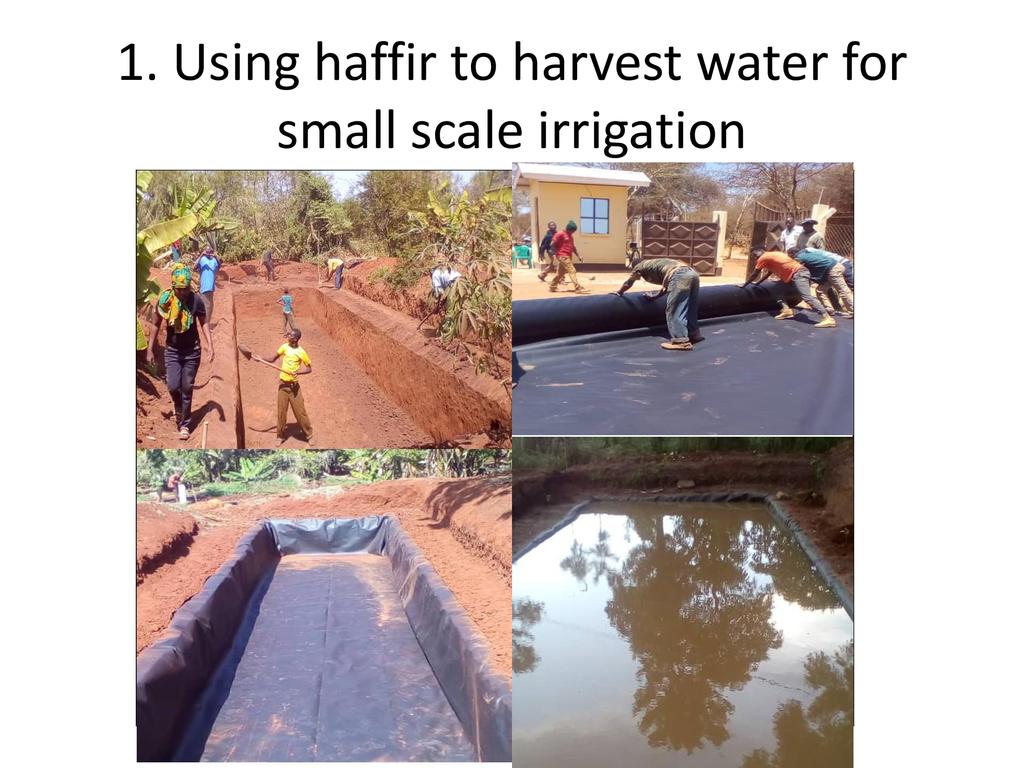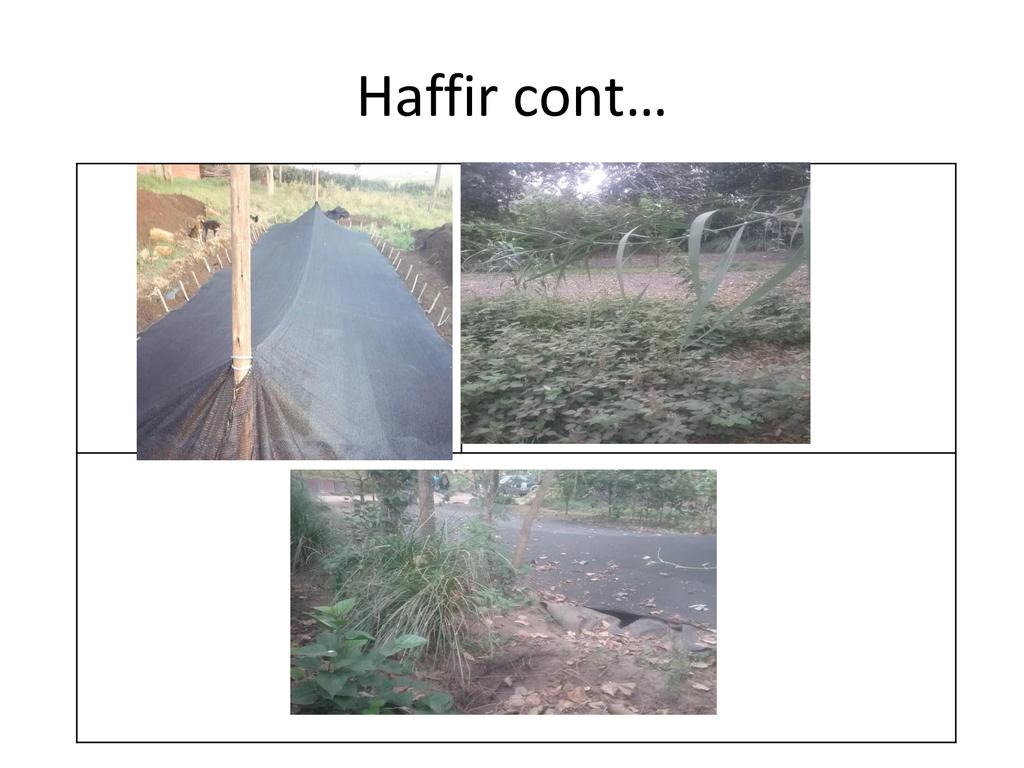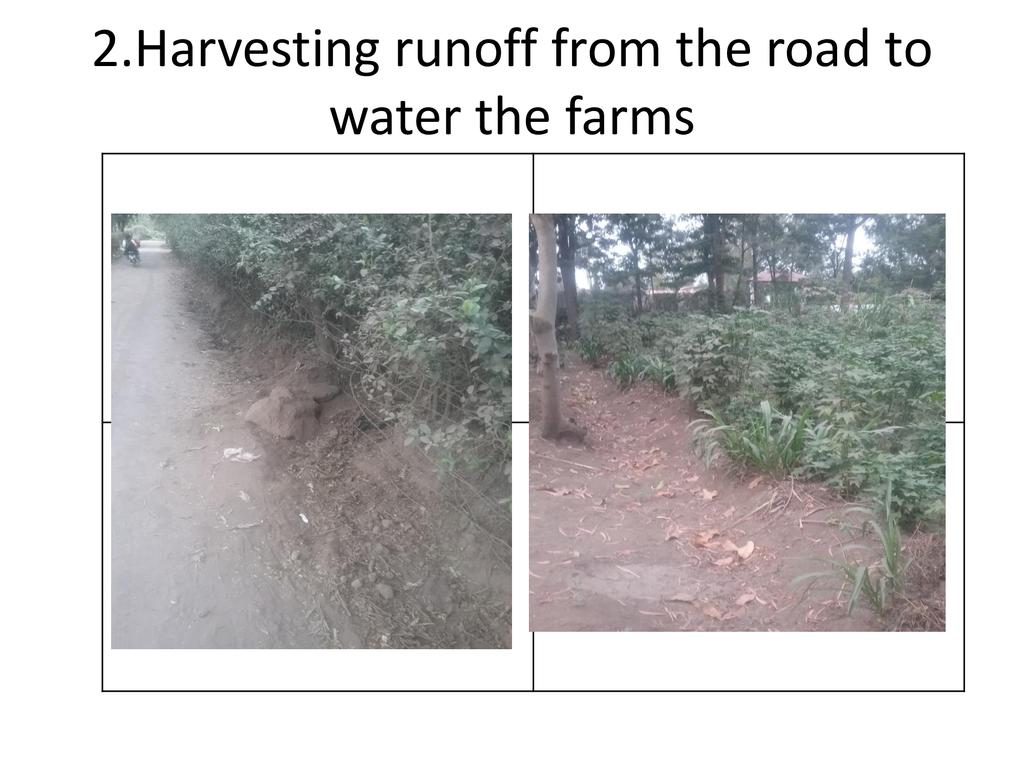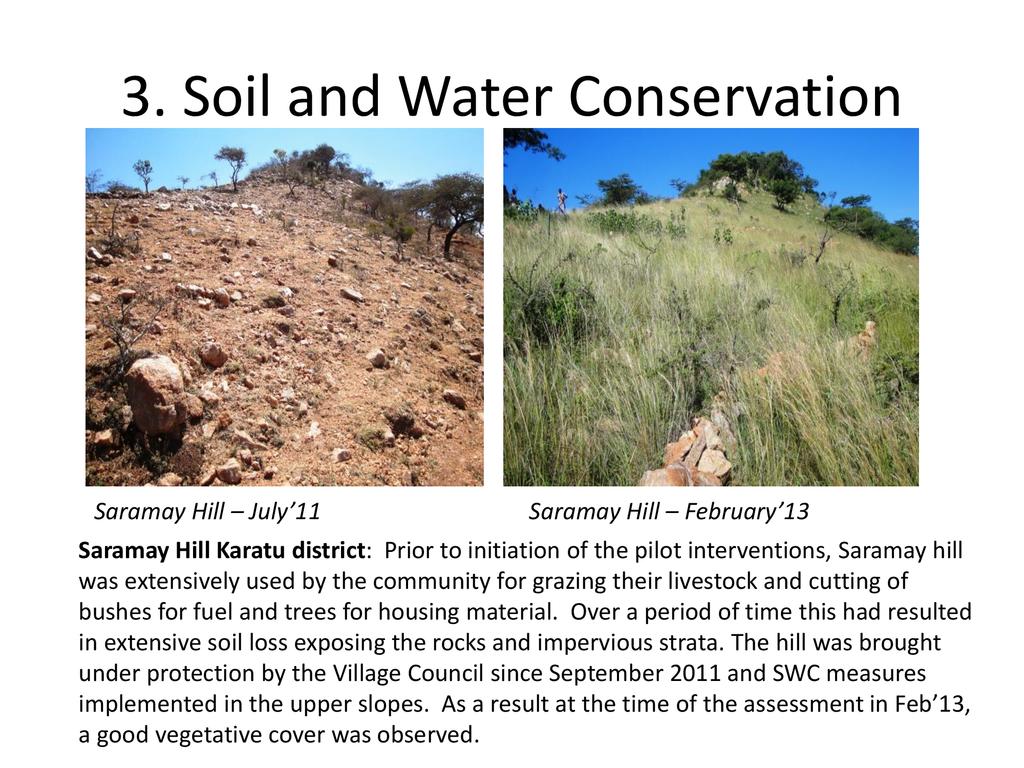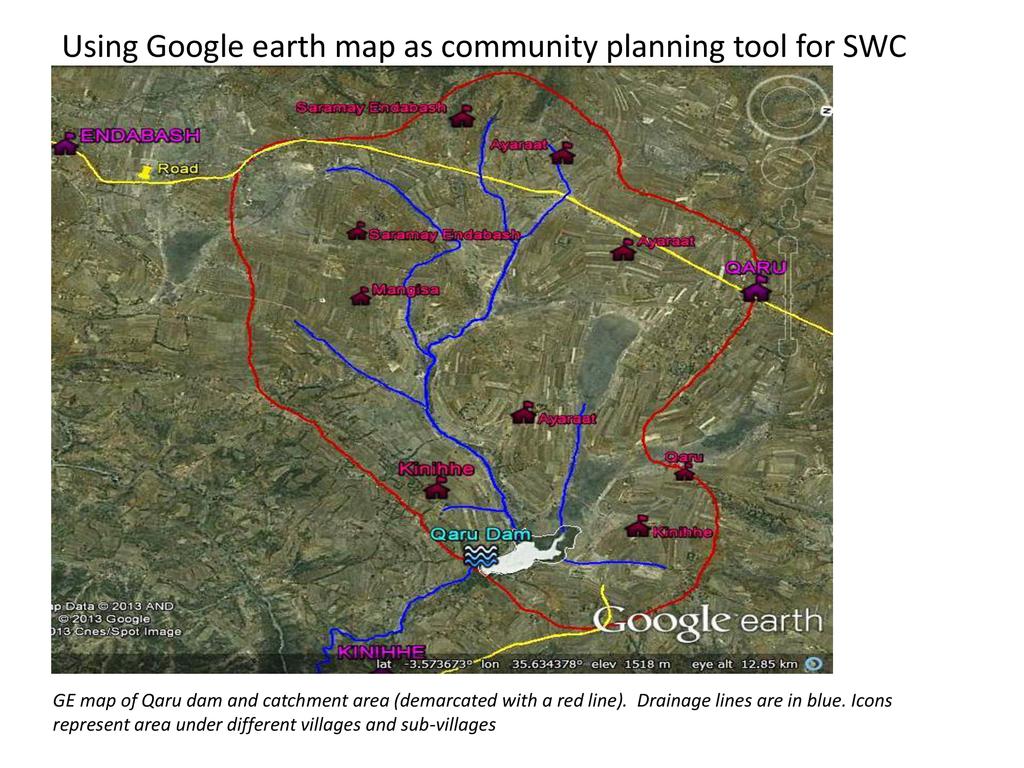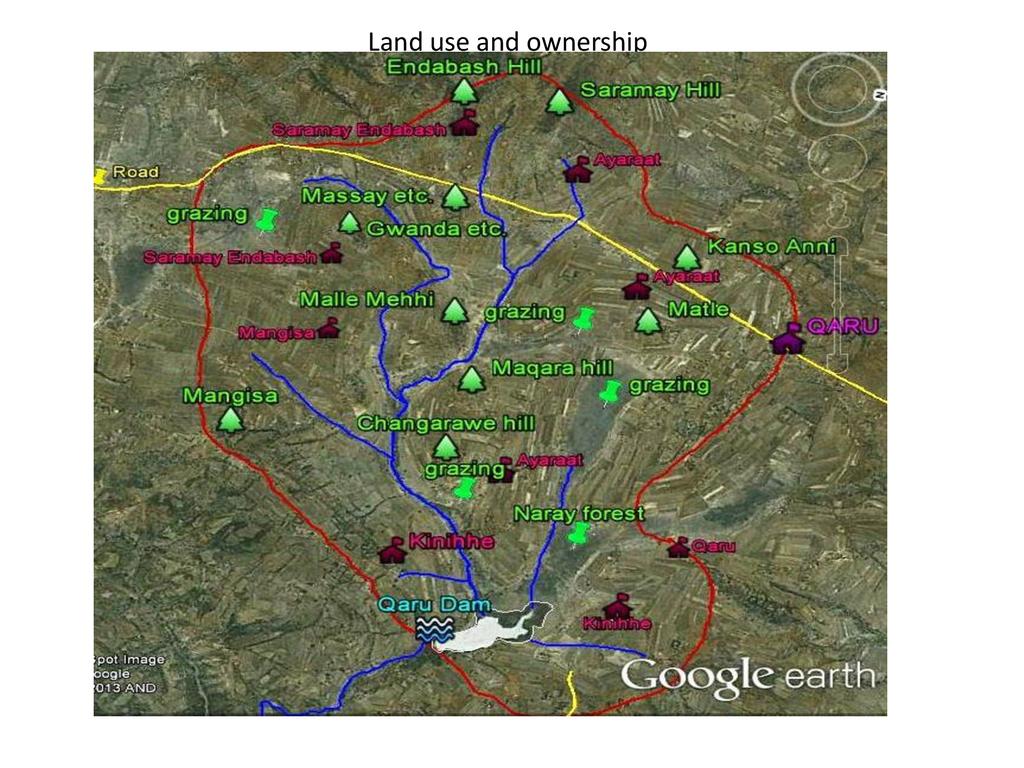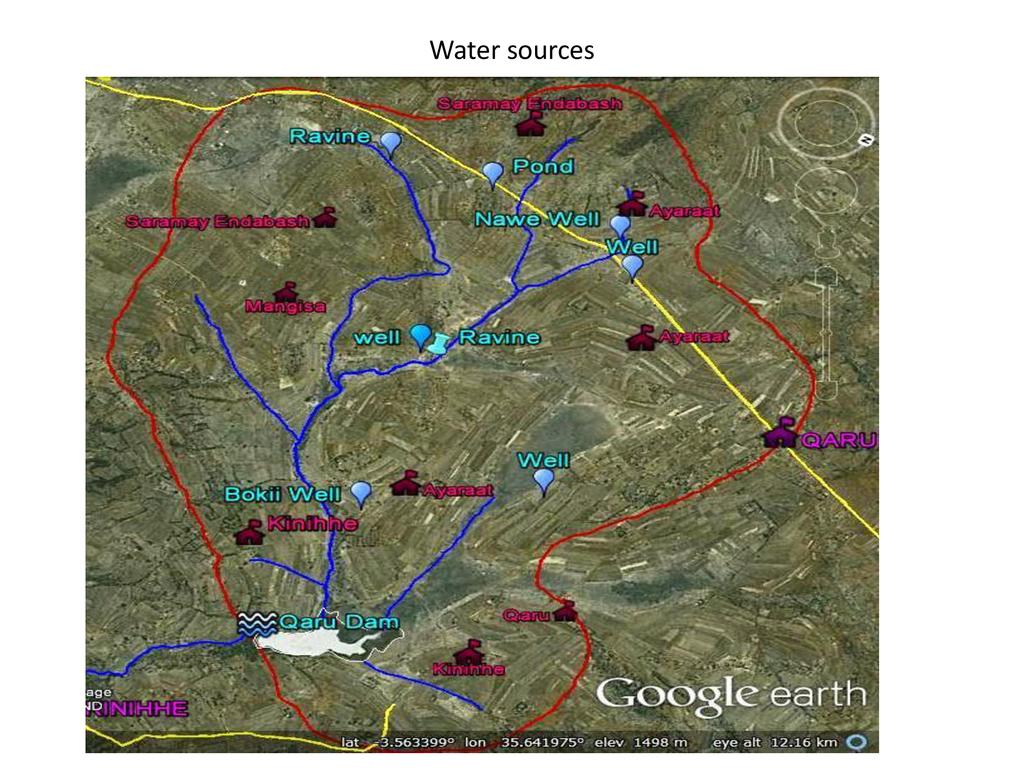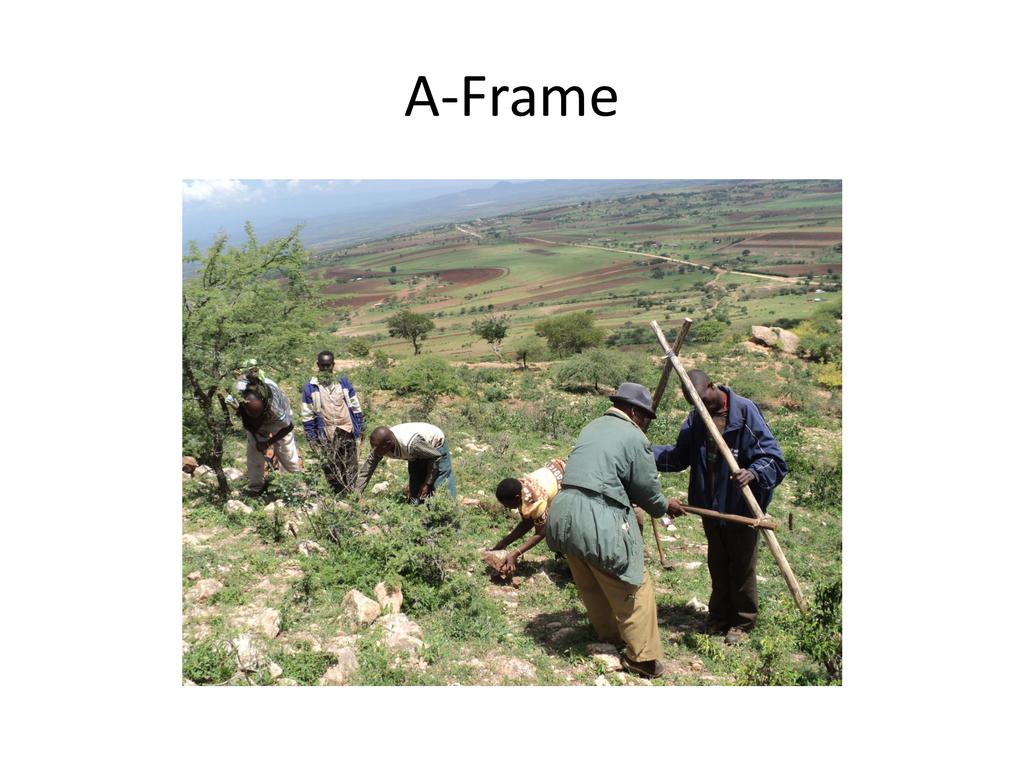Presented By: Mesewet Teweldibrihan
Event: Symposium on Improving Nutrition in Dryland Areas (2018-08-09)
Session: The presentation will elaborate on best practices of harvesting rain water in water scarcity areas. Water harvesting from various surface conditions as a main source of irrigation water for small scale irrigation development at farmer's level. While ponds, dams, and in-situ water harvesting systems have been implemented, roads have primarily been built for transportation purpose. The additional benefits: rain water harvesting for supplemental irrigation, groundwater recharge has not yet been adequately explored.
Biographical data: Mesewet Teweldibrihan completed her undergraduate studies at the Haramaya University (HU), Ethiopia, where in 2011 she gained a BSc in Soil and Water Engineering and Management. In 2014, with support from the Netherlands Fellowship Program and RAIN Foundation, which promotes sustainable rainwater harvesting, she received an MSc in Hydraulic Engineering Land and Water Development from the UNESCO-IHE Institute for Water Education. Since then she has been a lecturer and researcher in the HU’s department of Hydraulics and Water Resources Engineering. Meseret is continuing her academic career at UNESCO-IHE with research focused on assessing the dynamics of lake and groundwater interaction. Climate change and environmental degradation have led to a number of problems in this area, requiring novel engineering, socio-economic and environmental methodologies, in particular to address farming and food security challenges. Harold Msanya is an engineer who has six years experience managing programs with Catholic Relief Services and ten years managing community-based programs with World Vision Tanzania. He holds a Bachelor degree in Civil Engineering, and currently coordinates innovation design and development with ECHO East Africa.

